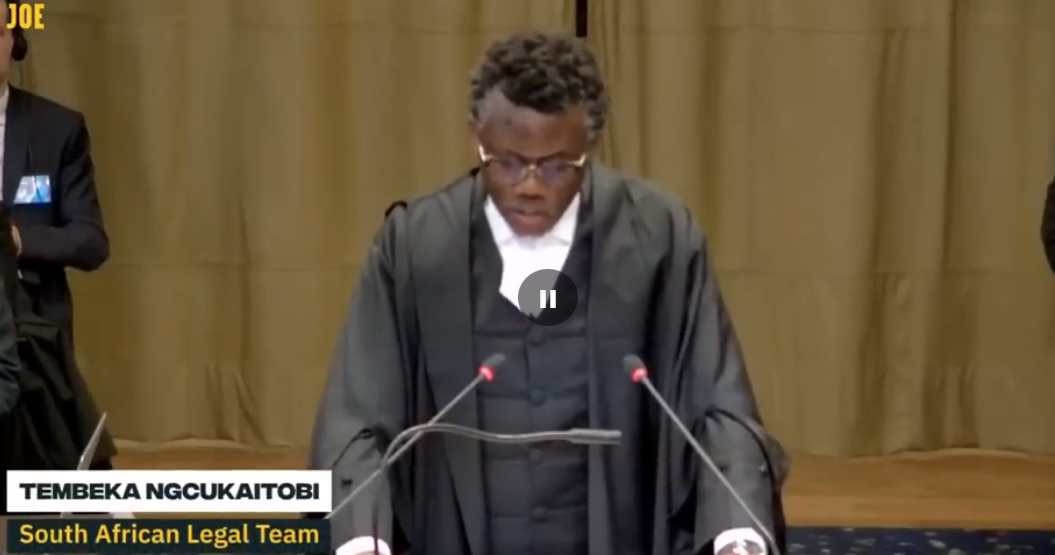Much to the chagrin of the Zionist lobby, the International Court of Justice (ICJ) in The Netherlands has found that there is a plausible case against Israel with regard to its military operation in the Gaza Strip.
The ICJ treated with contempt Israel's argument that its massacre of Palestinians in Gaza is necessary for "self-defense" purposes, an argument that took up more than half of Israel's pleadings.
"Not only did the court find there is a plausible case of genocide, the court only mentioned self-defense once in its interim ruling – and that was merely to note that Israel had claimed it," reported historian, human rights activist and former ambassador Craig Murray.
Murray spoke with Judge Napolitano about the ruling and provided an analysis of the ruling, which you can watch in full below:
ICJ: Israel, an occupying power, has no right to self-defense
In Paragraph 41 of its ruling, the ICJ stated that it has to consider and "balance" the respective rights of South Africa, which formally lodged the complaint, and Israel, the subject of the complaint.
"The Respondent emphasizes that it bears the responsibility to protect its citizens, including those captured and held hostage as a result of the attack that took place on 7 October 2023," the paragraph further states.
"As a consequence, it claims that its right to self-defense is critical to any evaluation of the present situation."
Perhaps the most important aspect of the ICJ's ruling is the fact that it did not affirm Israel's claimed right to self-defense. Murray notes that this "is the dog that did not bark," meaning the ICJ is not in agreement with most of the West that Israel's actions in Gaza are justifiable for self-defense purposes.
In essence, the ICJ rejected Israel's claim to self-defense from the angle that an occupying power, in this case Israel, has no such right since the land it occupies is Palestinian land, according to the Court.
"... the ICJ did not repeat that an occupying power has no right to self-defense," Murray writes. "It did not need to. It simply ignored Israel's specious assertion."
"It could do that because what it went on to iterate went way beyond any plausible assertion of self-defense. What struck me most about the ICJ ruling was that the Order went into far more detail about the evidence of genocide than it needed to. Its description was stark."
What the ICJ basically said is that it is not just South Africa's assertion that Israel is committing genocide: Israel is committing genocide, according to the ICJ, which presented this as fact rather than a mere claim.
"The Court is saying these are the facts," Murray says. "It is a finding of fact by the Court. I cannot emphasise too strongly the importance of that description by the court of the state of affairs in Gaza."
Israel's immediate response to the ruling was to attack the ICJ and further prevent aid from getting into Gaza.
The next step for the ICJ is to commence substantive hearings on the legal position in "the Occupied Territories of Palestine," as Murray calls them. The ICJ is convinced, based on available evidence, that Israel intends to commit genocide in Gaza, and that this is not merely an operation to root out Hamas.
"It is especially humiliating for Israel that the Court quoted the Israeli Head of State, the President of Israel himself, as giving clear evidence of genocidal intent, along with two other government ministers," Murray writes.
